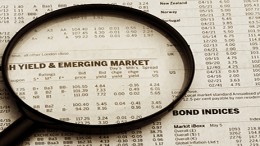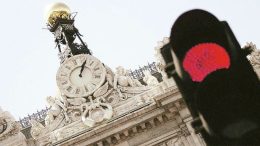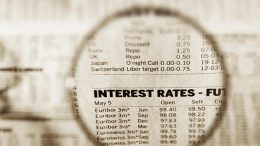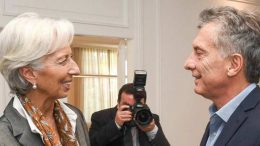Hiding Global Debt, Housing The Black Swan Of The Next Crisis
The world is over indebted, with a total debt at 380% of global GDP. It is three times it was before the crisis. This debt is both private and public. However, there is no data available on the extent to which this debt has been financed by stock market speculation. We can only infer, from the excessive levels of these indices, that a major part is acting in this activity.










